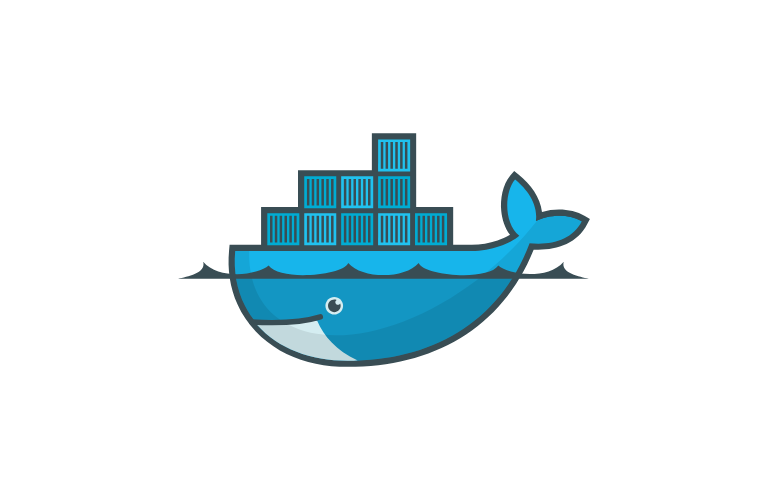Docker Setup on Ubuntu is a game-changer for developers aiming to build, ship, and run applications in isolated environments. Whether you’re working on a personal project or managing enterprise-level microservices, this guide will walk you through installing Docker on Ubuntu and configuring it for efficiency, security, and scalability. By the end, you’ll have a robust Docker Setup on Ubuntu ready to handle real-world development challenges.
Table of Contents
Why Choose Docker Setup on Ubuntu?
Ubuntu’s stability, extensive documentation, and compatibility with Docker make it a top choice for containerization. Docker Setup on Ubuntu eliminates environment inconsistencies, speeds up deployments, and simplifies dependency management. Developers can replicate production environments locally, test code in isolation, and integrate seamlessly with CI/CD pipelines.
Prerequisites
Before diving into the Docker Setup on Ubuntu, ensure your system meets these requirements:
- Ubuntu 20.04 LTS or 22.04 LTS (check using lsb_release -a)
- A non-root user with sudo privileges
- Terminal access and an active internet connection
Installing Docker on Ubuntu: Step-by-Step
Step 1: Update System Packages
Begin by updating your Ubuntu package list to ensure you’re working with the latest software versions:
sudo apt update && sudo apt upgrade -yStep 2: Install Required Dependencies
Install packages necessary for adding and managing Docker repositories:
sudo apt install apt-transport-https ca-certificates curl software-properties-common -yStep 3: Add Docker’s Official GPG Key
Authenticate Docker packages by importing the GPG key:
curl -fsSL https://download.docker.com/linux/ubuntu/gpg | sudo gpg --dearmor -o /usr/share/keyrings/docker-archive-keyring.gpgStep 4: Set Up the Docker Repository
Add Docker’s stable repository to your system sources:
echo "deb [arch=$(dpkg --print-architecture) signed-by=/usr/share/keyrings/docker-archive-keyring.gpg] https://download.docker.com/linux/ubuntu $(lsb_release -cs) stable" | sudo tee /etc/apt/sources.list.d/docker.list > /dev/nullStep 5: Install Docker Engine
Update your package list again and install Docker:
sudo apt update
sudo apt install docker-ce docker-ce-cli containerd.io -yStep 6: Verify the Docker Setup on Ubuntu
Confirm Docker is working by running the classic hello-world container:
sudo docker run hello-worldIf successful, you’ll see a message confirming your Docker Setup on Ubuntu is ready.
Optimizing Your Docker Setup on Ubuntu
1. Run Docker Without Sudo
Avoid prefixing every Docker command with sudo by adding your user to the docker group:
sudo usermod -aG docker $USER
newgrp docker2. Automate Docker Service
Ensure Docker starts automatically on system reboot:
sudo systemctl enable docker3. Configure Docker Storage
Optimize performance by setting the overlay2 storage driver. Create or edit /etc/docker/daemon.json:
{
"storage-driver": "overlay2"
}Restart Docker to apply changes:
sudo systemctl restart docker4. Secure Your Docker Setup on Ubuntu
- Update Regularly: Keep Docker updated with sudo apt upgrade docker-ce
- Avoid Root Containers: Never run containers as root. Use the –user flag to specify a non-root user
- Scan Images: Use docker scan <image-name> to check for vulnerabilities
5. Use Docker Compose for Multi-Container Apps
Install Docker Compose to manage complex applications:
sudo apt install docker-compose -yTroubleshooting Common Issues
Permission Denied Errors
If Docker commands throw permission errors, re-add your user to the docker group and reboot:
sudo usermod -aG docker $USER
sudo rebootPort Conflicts
Identify processes blocking ports with:
sudo netstat -tuln | grep <port-number>Low Disk Space
Clean unused Docker resources to free up space:
docker system prune -aFinal Thoughts
Mastering Docker Setup on Ubuntu empowers you to build scalable, portable applications while minimizing environment-related headaches. By following these best practices—securing containers, automating workflows, and optimizing storage—you’ll streamline development and focus on writing great code.
Ready to Level Up?
Experiment with Docker volumes for persistent data, explore Kubernetes integration, or automate deployments with GitHub Actions. Share your Docker Setup on Ubuntu journey in the comments, or tag a teammate who needs these tips!
FAQS
1. How do I fix permission errors in my Docker Setup on Ubuntu?
If you see “permission denied” when running Docker commands, add your user to the docker group:
sudo usermod -aG docker $USER Log out and back in, or reboot your system. This grants non-root users permission to manage Docker.
2. Can I run Docker Setup on Ubuntu without using sudo every time?
Yes! After adding your user to the docker group (see FAQ 1), you can run commands like docker ps or docker build without sudo.
3. How do I optimize Docker storage on Ubuntu?
Use the overlay2 storage driver for better performance. Edit /etc/docker/daemon.json and add:
{
"storage-driver": "overlay2"
}Restart Docker with sudo systemctl restart docker.
4. Is Docker Setup on Ubuntu secure for production environments?
Docker is secure if configured properly:
- Avoid running containers as root.
- Regularly update Docker (sudo apt upgrade docker-ce).
- Scan images for vulnerabilities with docker scan <image-name>.
5. What’s the difference between Docker and Docker Compose in Ubuntu?
Docker: Manages single containers.
Docker Compose: Orchestrates multi-container apps using a docker-compose.yml file. Install it with:
sudo apt install docker-compose 6. How do I persist data in Docker containers on Ubuntu?
Use Docker volumes to save data permanently:
docker volume create my_volume
docker run -v my_volume:/path/in/container my_image



